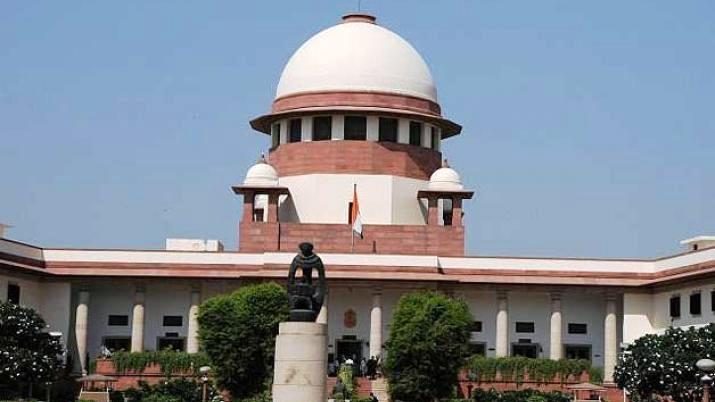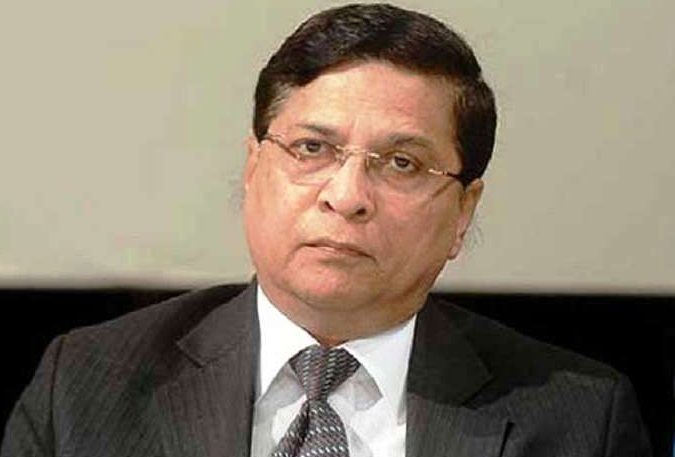Though the Supreme Court has reserved its verdict on reservation in promotion, speculations about the final judgement have started. Many experts are of the opinion that the bench will apply the concept of creamy layer to Scheduled Castes (SCs) and Scheduled Tribes (STs) and only those SCs and STs, who fall below the “creamy layer” annual income limit – currently Rs 8 lakhs – will get reservation.
There are many reasons for such speculations. The apex court had ruled in M. Nagaraj case that the governments are not bound to provide reservation in promotion, to the SCs and STs. However, it had also ordered that before providing quota in promotions to those belonging to these communities, the states are bound to put forward quantifiable data on the backwardness of SCs and STs, evidence about their inadequate representation in government jobs and the overall administrative efficiency. In other words, the Supreme Court had allowed reservation in promotion for SCs and STs but with conditions.

Subsequently, many state governments announced reservation quotas in promotion. However, the respective High Courts ruled against these announcements, mainly on the basis that enough data had not been collected to justify the announcement. The announcements for reservation in promotion by the state governments were thus considered a violation of the Supreme Court order.
Forward Press books broaden the Bahujan discourse
Now, state governments have not been able to implement the conditional reservation in promotion despite the Supreme Court allowing them to do so. Then, what is the point of Supreme Court’s order? Those opposing a review of the judgment in the M. Nagaraj case hold that the apex court’s conditions for granting reservation in promotion are legitimate and allege that state governments want to grant reservation in promotion without collecting the relevant data.

The attitude of the apex court to creamy layer has piqued curiosity. The chances of the Supreme Court going back on conditional reservation are slim. Chief Justice Dipak Misra, who heads the Constitutional bench, has said in unequivocal terms that it is important to collect the data. The state governments want to avoid being caught up in the long process of collecting data and say that caste census data has not been made public and they are still not aware of the extent of the marginalization of different castes.
Now, on the one hand, the Constitution Bench of the Supreme Court has to clarify its stand on whether the backwardness among SCs and STs persists and whether they are backward to the extent that they need reservation in promotion.
On the other hand, the issue of creamy layer is important because until now, the assumption has been that there is no creamy layer among the SCs and STs.
It is hoped that the highest court of the land will find a way of making it easier for state governments to grant reservation in promotion and also zero in on a solution to their obligation of collecting data. It is also hoped that the court take such a decision that will lessen the tug of war between the OBC and the SCs and STs.
Translation: Pramode Mallik; copy-editing: Lokesh Kumar/Anil
Forward Press also publishes books on Bahujan issues. Forward Press Books sheds light on the widespread problems as well as the finer aspects of Bahujan (Dalit, OBC, Adivasi, Nomadic, Pasmanda) society, culture, literature and politics. Contact us for a list of FP Books’ titles and to order. Mobile: +917827427311, Email: info@forwardmagazine.in)
The titles from Forward Press Books are also available on Kindle and these e-books cost less than their print versions. Browse and buy:
The Case for Bahujan Literature
Dalit Panthers: An Authoritative History
Mahishasur: Mithak wa Paramparayen







